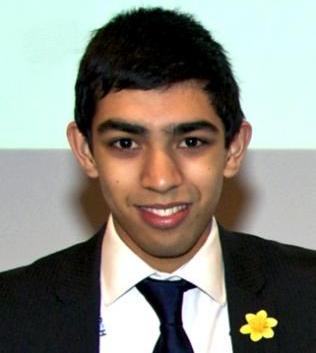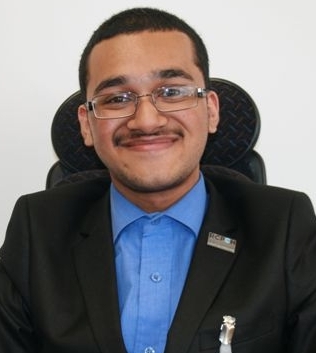Blog post
Our lives, our bodies, our rights: young voices on children's involvement in research


This guest post was written by Ravi and Thines, members of the Royal College of Paediatrics and Child Health (RCPCH) Youth Advisory Panel The RCPCH Youth Advisory Panel was invited by the Nuffield Council to a workshop on participation of children and young people in clinical research. The workshop was well attended with a great mix of people including parents, ethicists, clinicians and young people all contributing to the discussion. Clinical research is complicated enough without having the added ethical quandaries of children and young people taking part. The question of acting in the child’s best interests, judging competence for consent/assent and justifying risks makes paediatric clinical research a highly contentious topic.Below are two of the key messages the Panel shared at the workshop.We wished to raise the issue of children and young people voices having a lot more of say in relation to their participation in research, whatever capacity it may be in. Many children and young people who take part in clinical research trials are those with long term conditions and those who have had to live with their condition since they were very young. As a result, they have been forced to grow up at a young age, learning the complications and implications of living with their condition. This is one of the reasons that we believe very strongly about the age of consent being possibly lowered to 16 in England as it is in Scotland. This has been a heavily debated topic within the Panel but as Mohini (our fellow Youth Advisory Panel member) quite rightly said, “Our lives, our bodies, our rights”, we as the young people are the ones who have to live with whatever comes as a result of participating in the clinical trial and therefore the young person should have a large say as to what happens.Our other key message was regarding the issue of communication. Communication is vital in any type of research, but it becomes even more important when it comes down to the involvement of children and young people. It is important that everyone involved in the trial understands fully what the trial involves and what, if any, side effects there will be and how to deal with them. This is even more crucial in situations where the parents may be non – English speakers and the child is of a very young age, which was the case in Thines’ story. A lack of effective communication between the clinical leads and the family meant that certain side effects of the trial were not fully explained and led to him being removed by his parents before the end of the trial, as it was having a detrimental effect on his health. To this end, he suggested that using the interpreter may be a very good way of creating a dialogue between the clinical lead and family and using the interpreter as a liaison so both parties had a chance to freely discuss matters and therefore allowing for better understanding and communication.Much more was discussed on the above points, as well as beyond it – and this short post cannot do justice to the richness of conversation and debate had. It was uplifting to see so many people advocate that children and young people should have a bigger voice in research participation. We would like to thank the Nuffield Council for inviting us to take part on the day and for engaging young people in this vital discussion so early on and we look forward to continuing to work with them in the future.The Council's call for evidence on the involvement of children in research is open until 31 October 2013 - find out more.
Comments (0)
Join the conversation